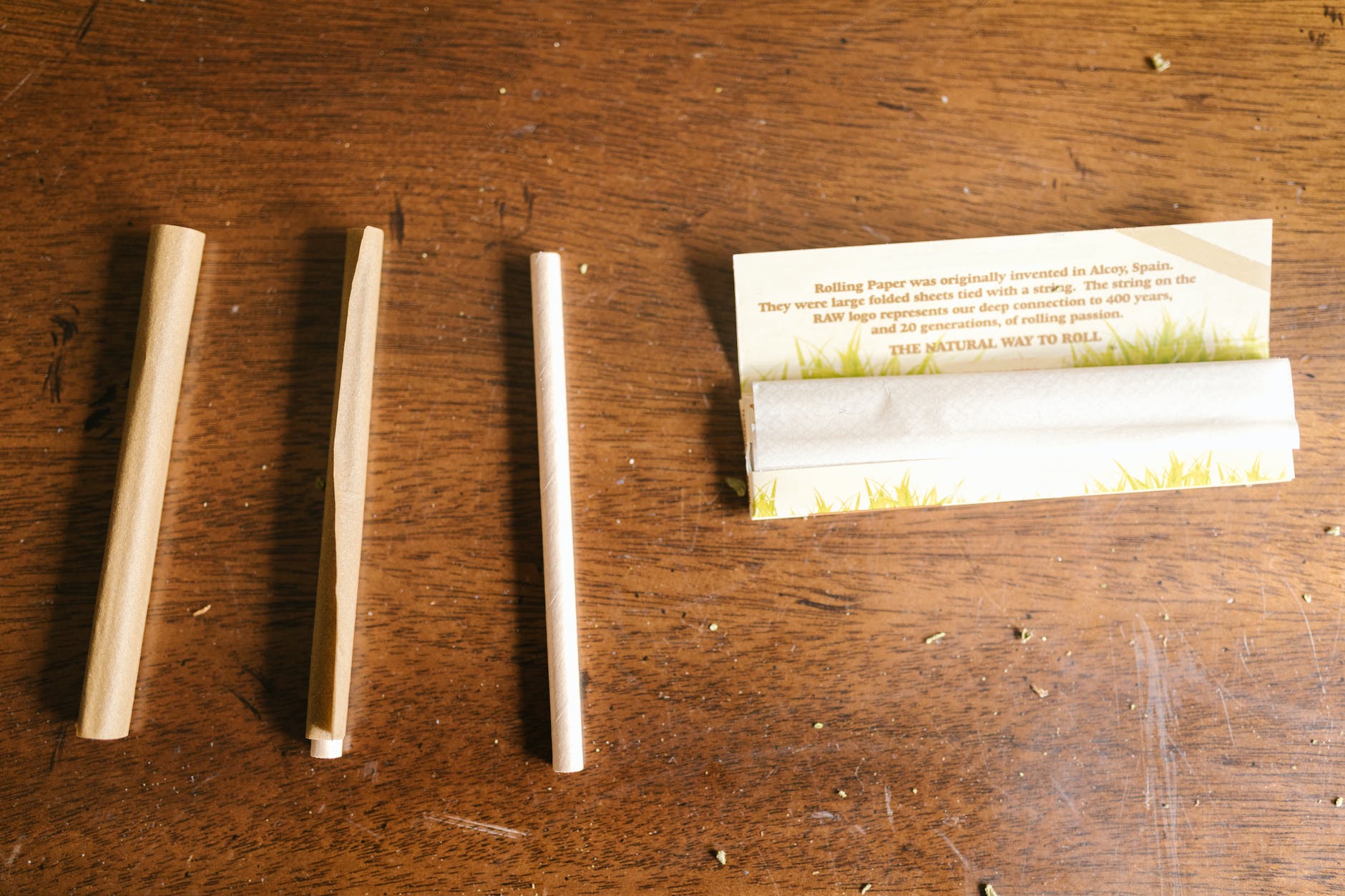For centuries, cannabis has been associated with boosted creativity across various artistic domains including art, music, and writing. Many artists, musicians, and writers have openly credited cannabis as a source of inspiration, citing improved focus, vivid imagination, and the ability to think outside the box. Recent research has further explored the correlation between cannabis and creativity, and the impact it may have on one’s productivity.
The primary psychoactive compound in cannabis, tetrahydrocannabinol (THC), is known to have various effects on the human brain. When studying creativity and the brain, we often look at the concept of “divergent thinking” – the ability to come up with multiple unique ideas and solutions to a problem, which is a critical component of creativity. In moderate doses, THC has been shown to improve divergent thinking, leading to an increased flow of ideas and connections between seemingly unrelated concepts. A study conducted by researchers at University College London found that participants who were administered a low dose of THC performed better on divergent thinking tasks than participants who were given a placebo. This suggests that cannabis can indeed enhance the creative process, at least in terms of ideation and fluidity of thoughts (Morgan et al., 2012).
The impact of cannabis on creativity may also be attributed to its influence on mood and emotional states. As many artists can attest, emotions play a significant role in the creative process and can serve as a catalyst for inspiration. A study from Leiden University in the Netherlands found that cannabis users who consumed a moderate dose of the drug experienced increased positive affect, which can stimulate creative thinking and encourage a more open-minded approach to problem-solving (Kowal et al., 2015). Cannabis can also reduce anxiety and stress, allowing for a more relaxed and focused state of mind, which can be conducive to productivity and the act of creating.
However, it is essential to note that the relationship between cannabis and creativity is not always straightforward. The THC effects on divergent thinking and productivity are dose-dependent, meaning that higher doses may not necessarily lead to enhanced creativity. In fact, excessive consumption can lead to impairments in cognitive function, memory, and focus, which can negatively impact one’s ability to create and complete projects. For example, a study conducted by researchers at the Beckley/Imperial Research Programme found that high doses of THC led to a decrease in convergent thinking, which involves finding a single correct solution to a problem (Winton-Brown et al., 2015). This demonstrates that responsible cannabis use is crucial to harness its potential benefits on creativity and productivity.
Individual factors such as tolerance, sensitivity, and personal predisposition towards creativity also play a significant role in determining the effects of cannabis on one’s creative output. While some individuals may experience heightened creativity under the influence of cannabis, others may not feel any significant difference. Additionally, the specific strains of cannabis consumed can also impact the creative process differently, with some strains being more likely to promote focus, relaxation, and imaginative thinking.
In conclusion, the relationship between cannabis and creativity is complex and multifaceted. While there is evidence indicating that moderate doses of THC can enhance divergent thinking, influence mood, and foster a conducive environment for creativity, it is crucial to consider individual factors and personal experiences. As with any substance, responsible use is key to maximizing its potential benefits while avoiding negative consequences on one’s creativity and productivity.
